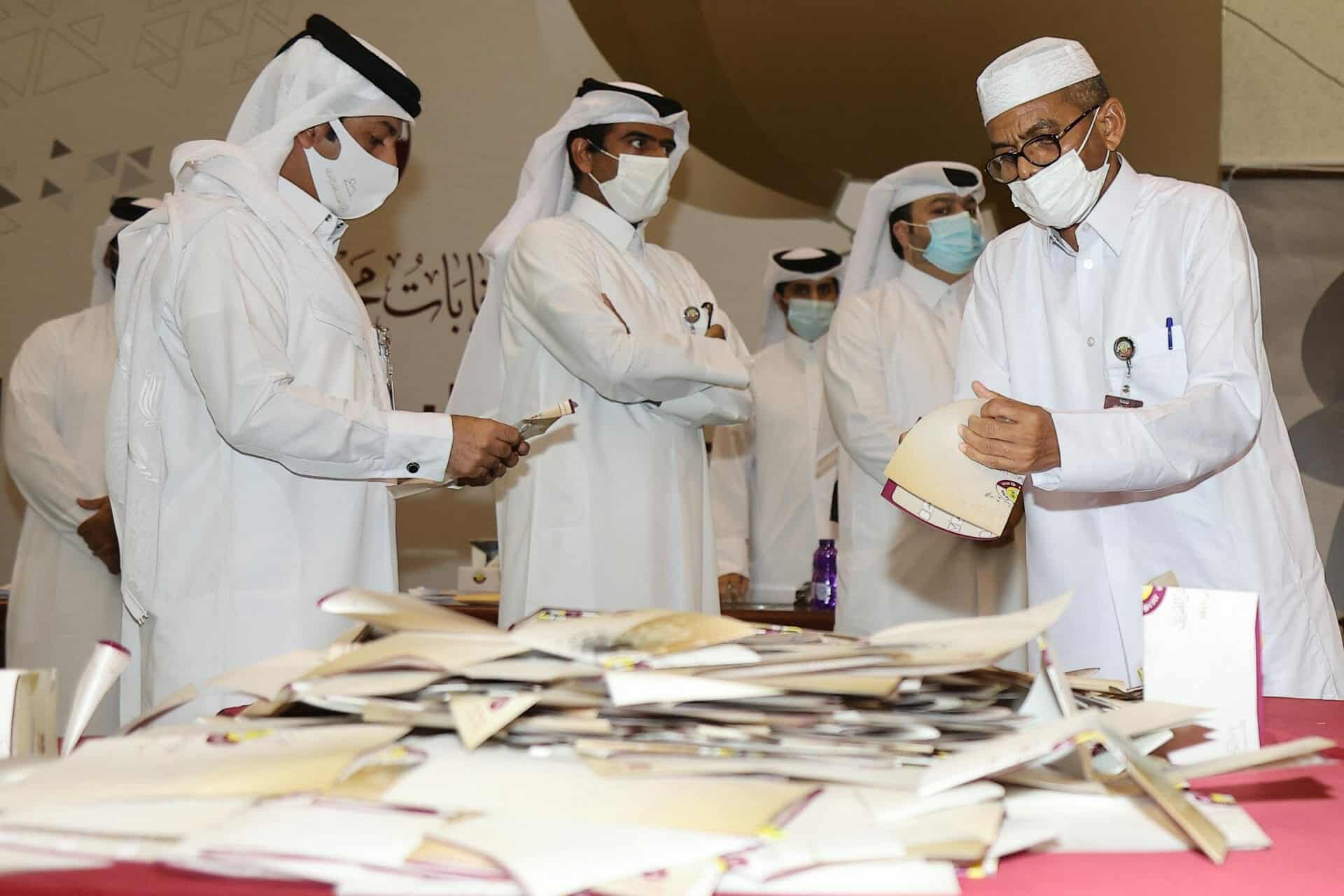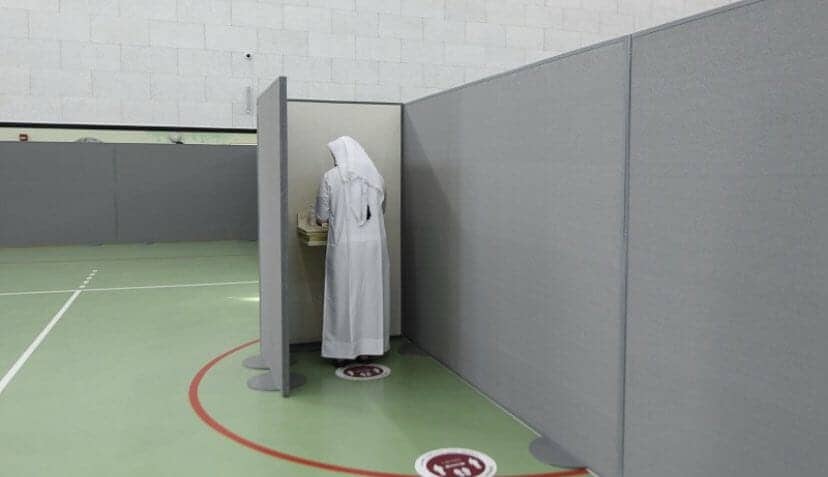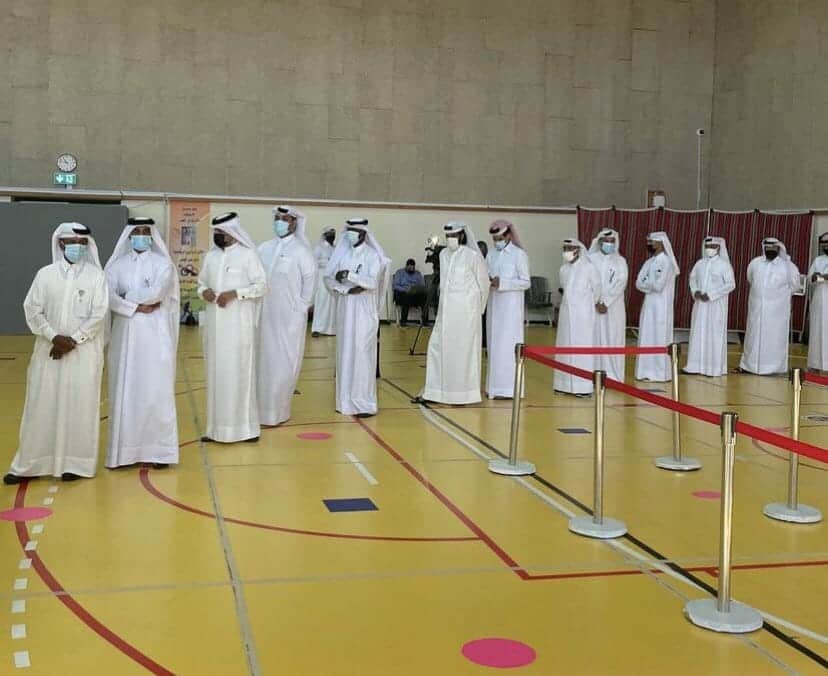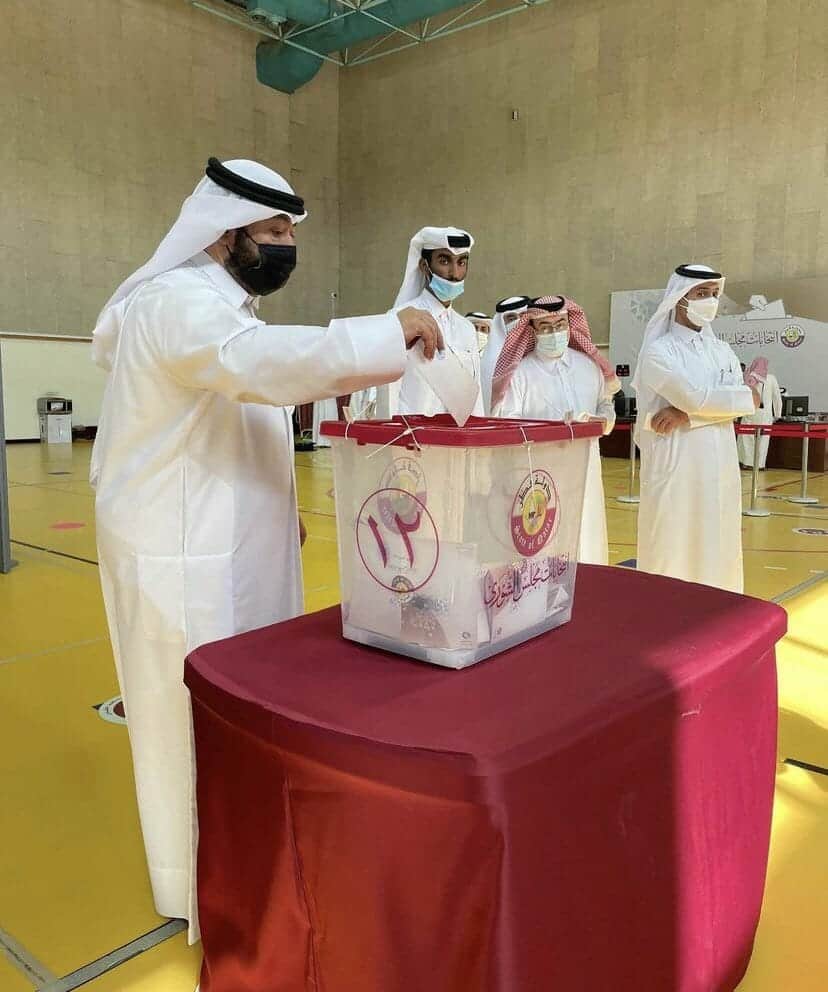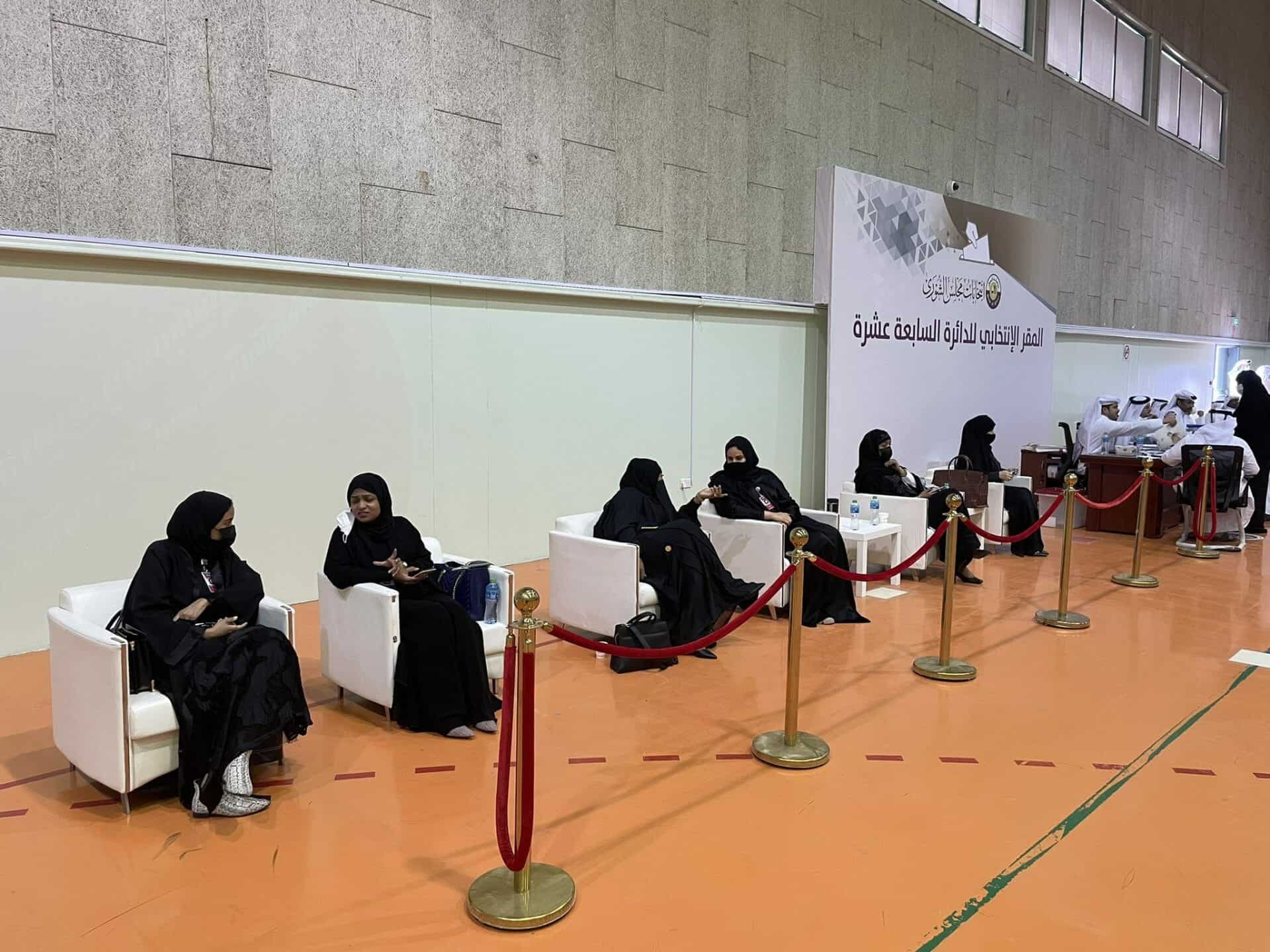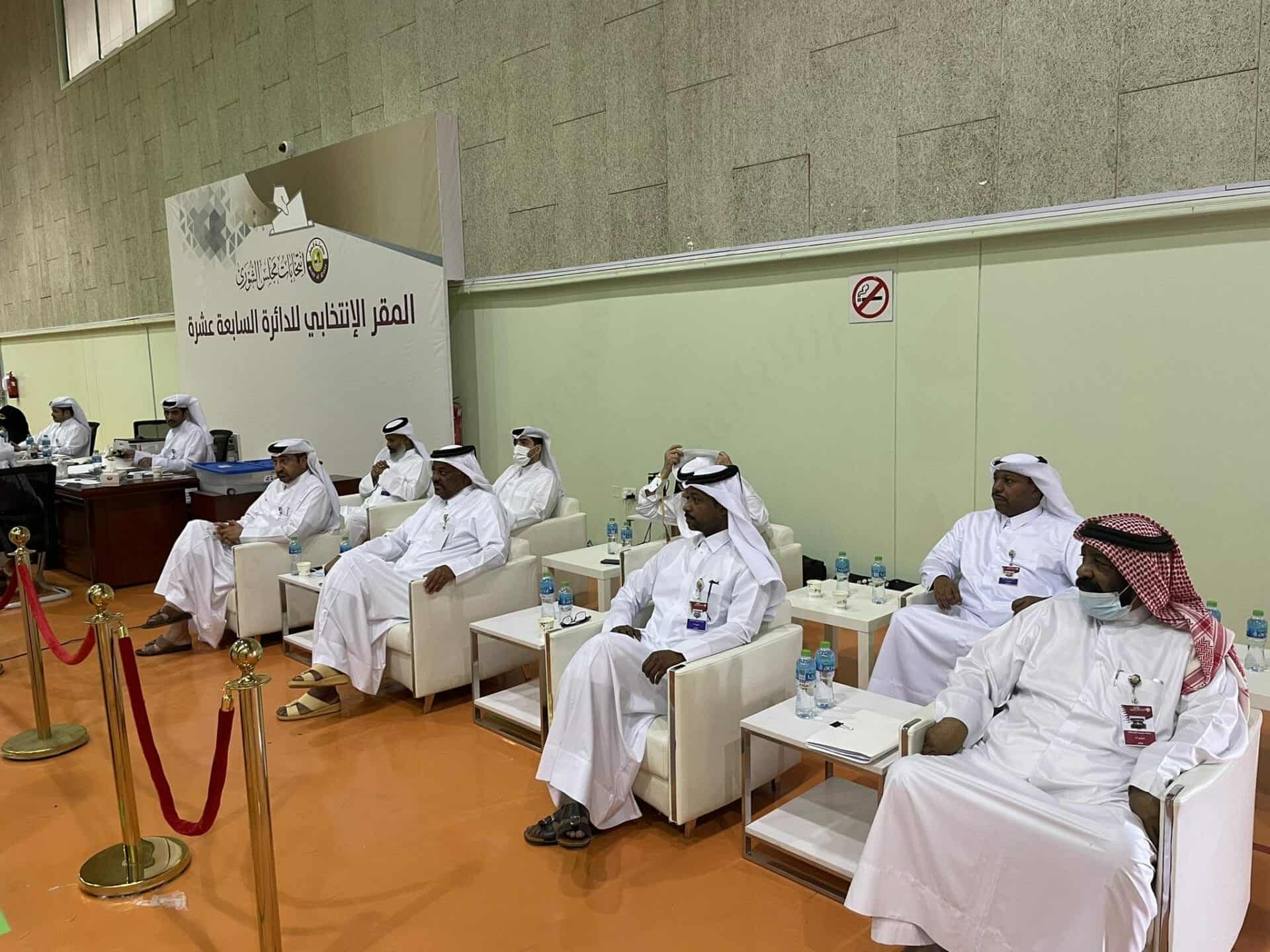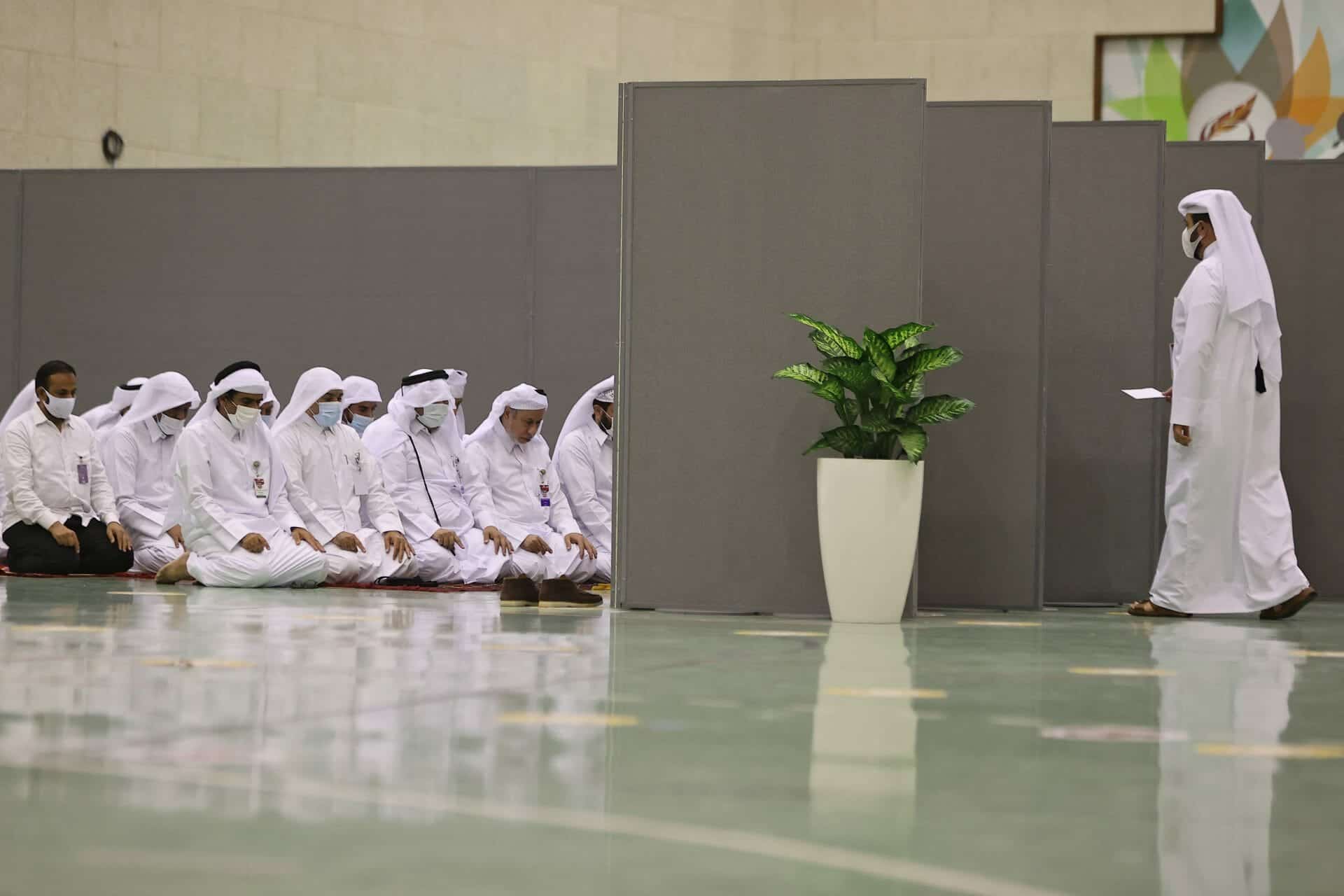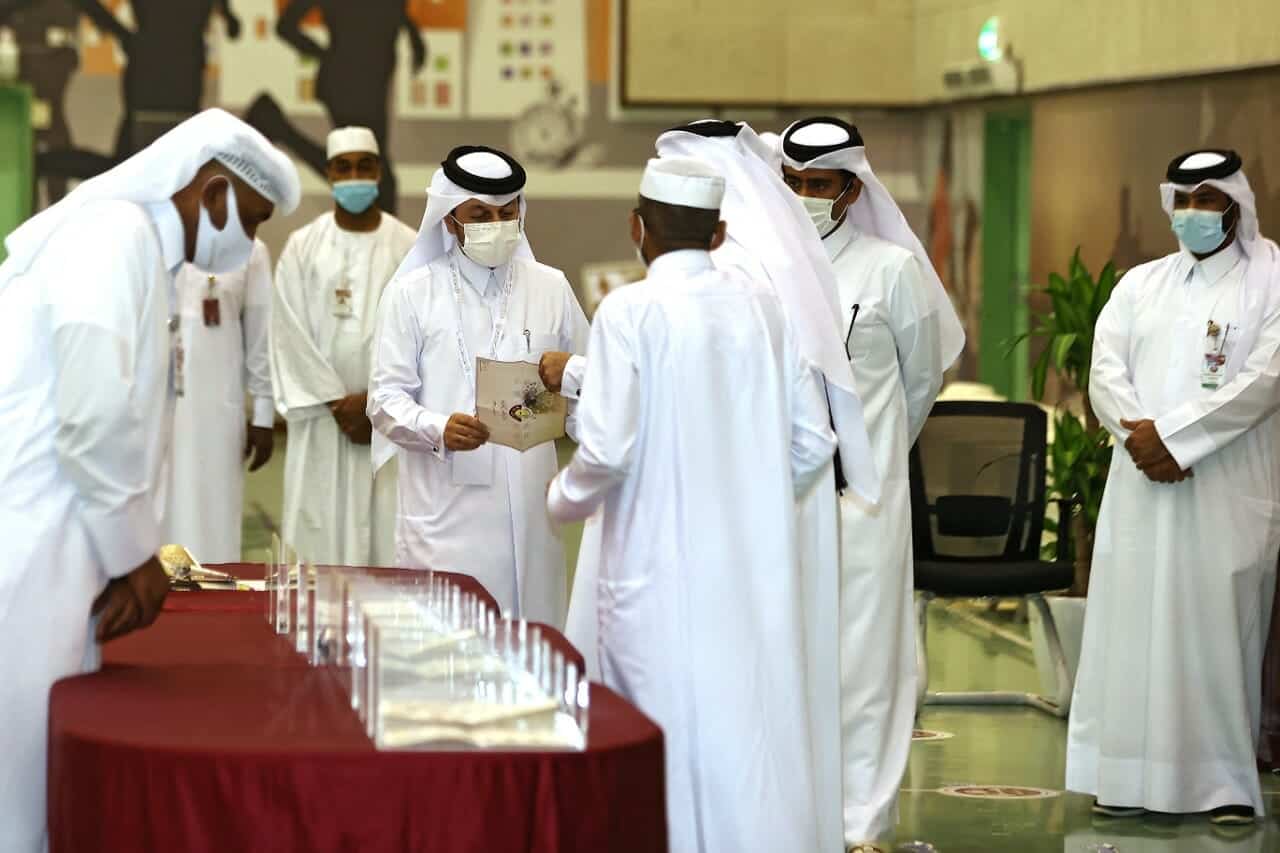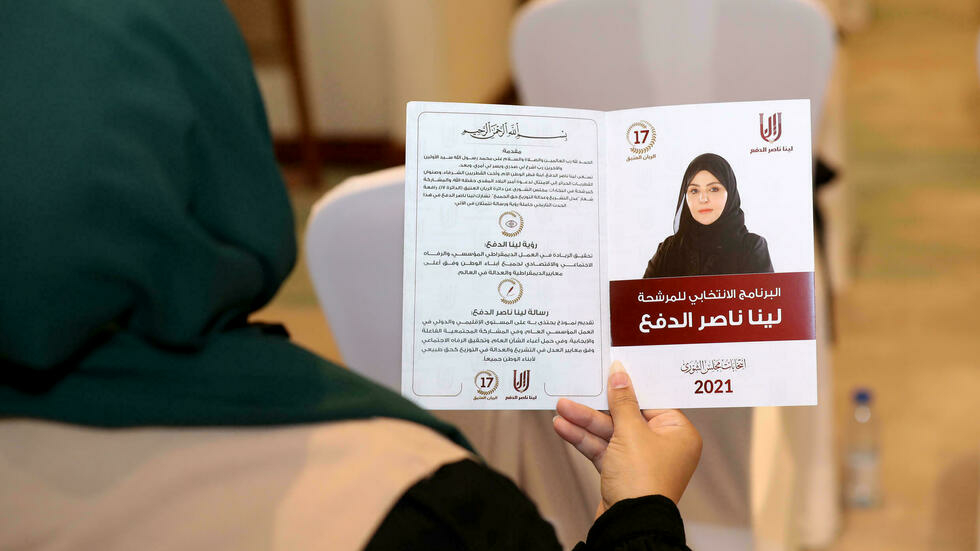Male candidates were elected in all 30 of the seats which were up for election in the first legislative polls held in Qatar on Saturday, the interior ministry’s election committee reported.
There were 28 women in the fray but none could make it to the the Gulf country’s representative council. The vote was for 30 members of the 45-strong Shura Council.
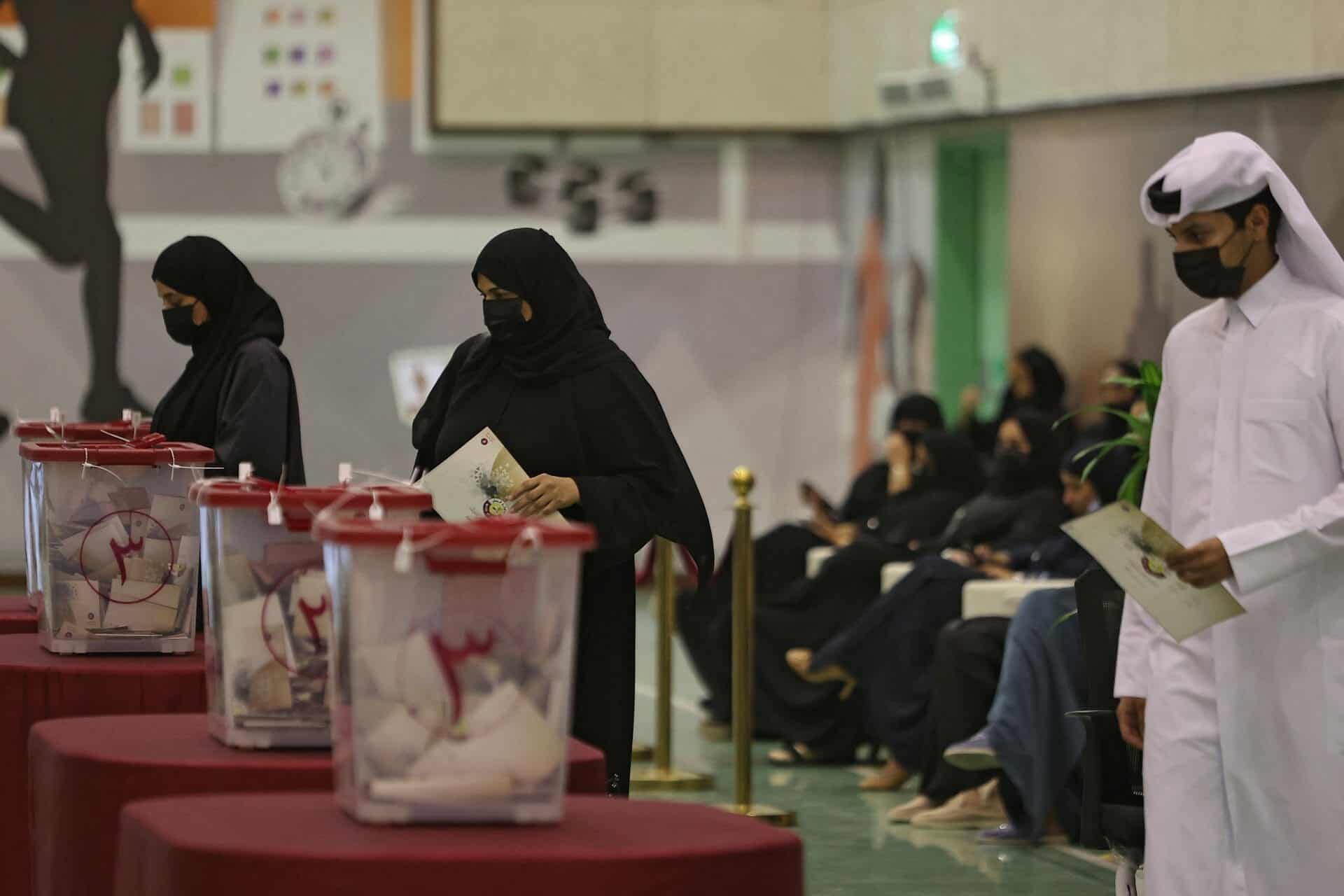
It is not known when the appointments will be announced, or when the council will meet.
The final voter turnout was 63.5 percent according to officials, significantly higher than at 2019’s municipal elections when fewer than 10 percent of voters cast ballots.
A provisional tally published by state television on Saturday afternoon suggested one-third of approved candidates, some 101 contenders, had dropped out of the race by Saturday afternoon, whereas the state-run Qatar News Agency later reported there were a total of 233 candidates.
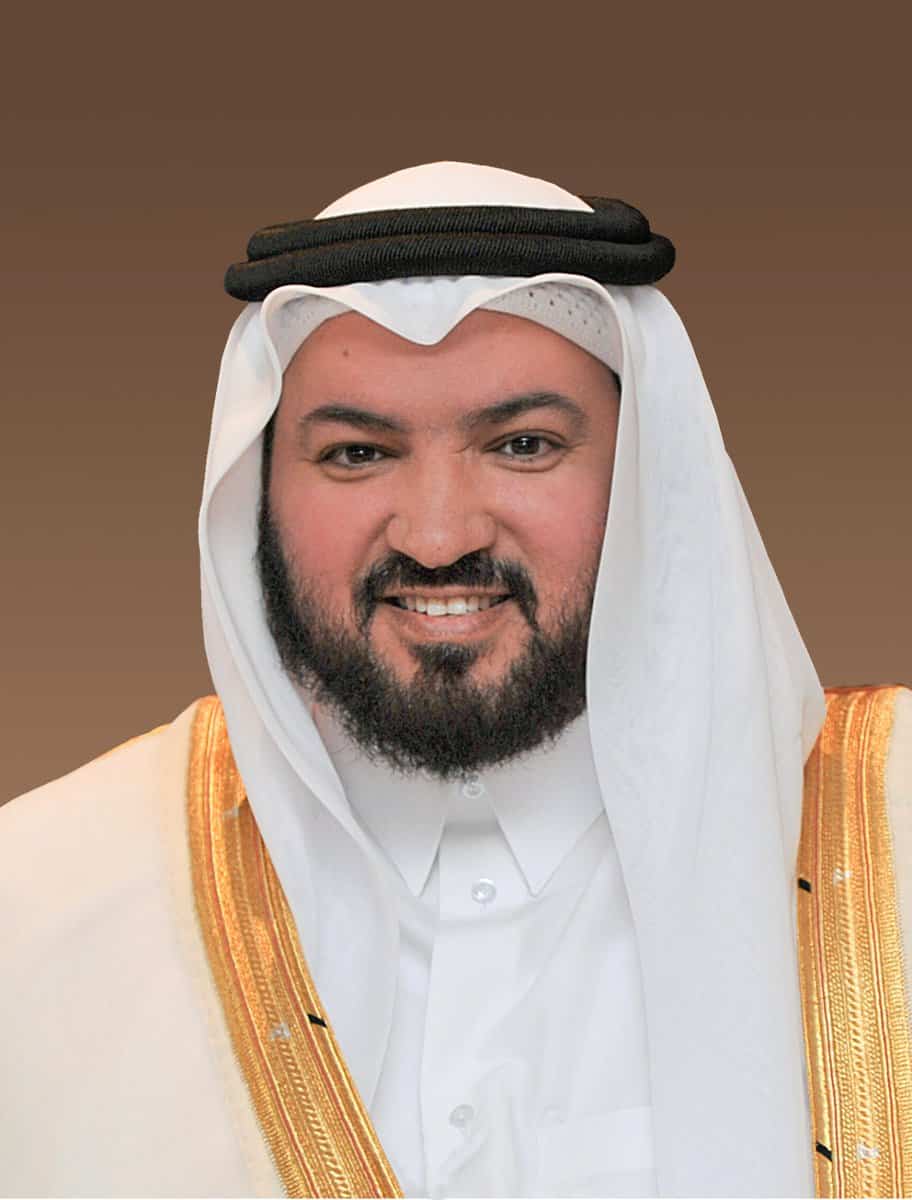
Qatar’s Minister of Endowments (Awqaf) and Islamic Affairs Dr Gaith bin Mubarak Al Kuwari hailed the real competition in the Shura Council elections. He praised the creative ideas of the candidates during the electoral campaign, and the discipline and sense of responsibility during the election day.
The Gulf country’s National Human Rights Committee (NHRC) Chairman Dr. Ali bin Smaikh Al Marri praised the qualitative leap in the field of promoting and protecting freedoms and advancing human rights in the State of Qatar through the Shura Council elections. “It is an important step in strengthening the Qatari Shura traditions,” he said.
Across the Gulf emirate, orderly queues of Qataris in national dress formed inside polling stations, mostly schools and sports halls, throughout the day.
In the 17th district, a chauffeur-driven Mercedes-Benz and a pearl white Rolls Royce SUV dropped off female voters at a primary school. Women were a majority among the steady stream of those casting ballots there at lunchtime.
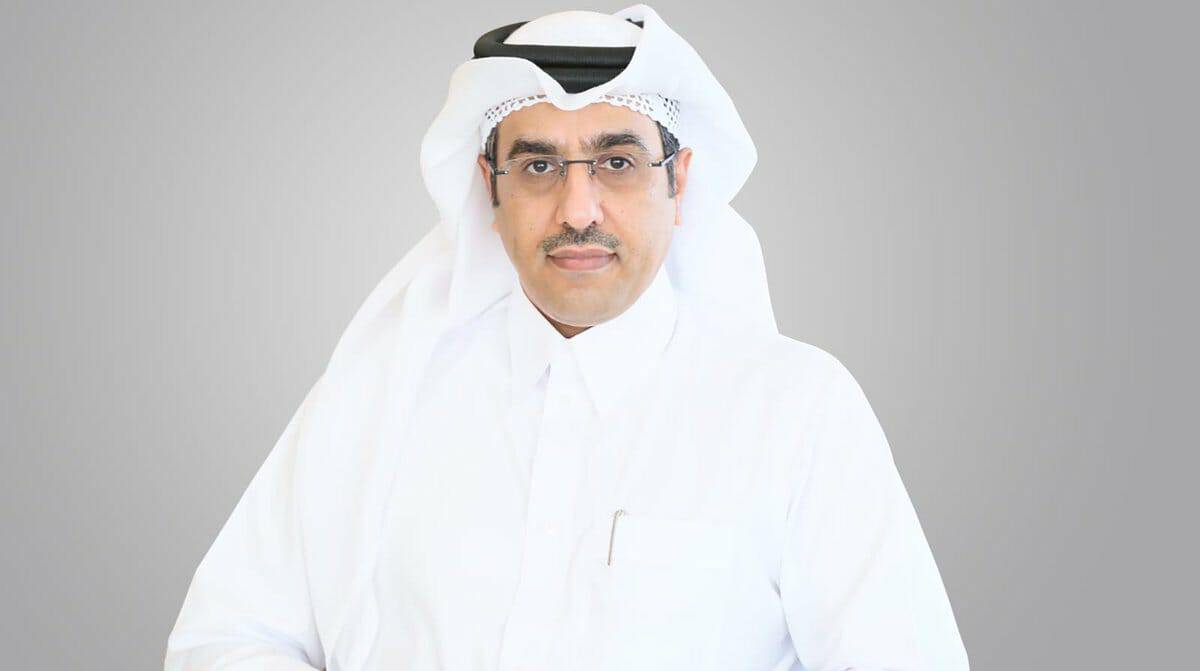
Former US ambassador to Qatar Susan Ziadeh said Qatar was “looking to see how it enhances its position on the world stage” which had led it to organise the polls ahead of the 2022 World Cup.
On the issue of women’s representation, Ziadeh said female voters would be focussed on “rights, whether it’s personal status codes and other issues”.
“They’re going to be looking to see how they can use this body,” she added ahead of the results.
The Shura will be allowed to propose legislation, approve the budget and recall ministers. But the emir, all-powerful in the world’s largest exporter of liquefied natural gas, will wield a veto.
“At the start of the day, I heard many people say they wouldn’t vote because there will be no change, but we saw many people,” said voter Sultan Abdullah al-Kuwari. “This is a good omen that there will be change.”
In the working class Najma suburb, candidates and voters paused for afternoon prayers on mats that had been set up inside the 10th district polling station which, like all others, was segregated by gender.
Beyond single-candidate town hall meetings, posters and ads, the country’s electoral exercise was limited.
Candidates mostly focused on social issues during the campaign. (With AFP inputs)


